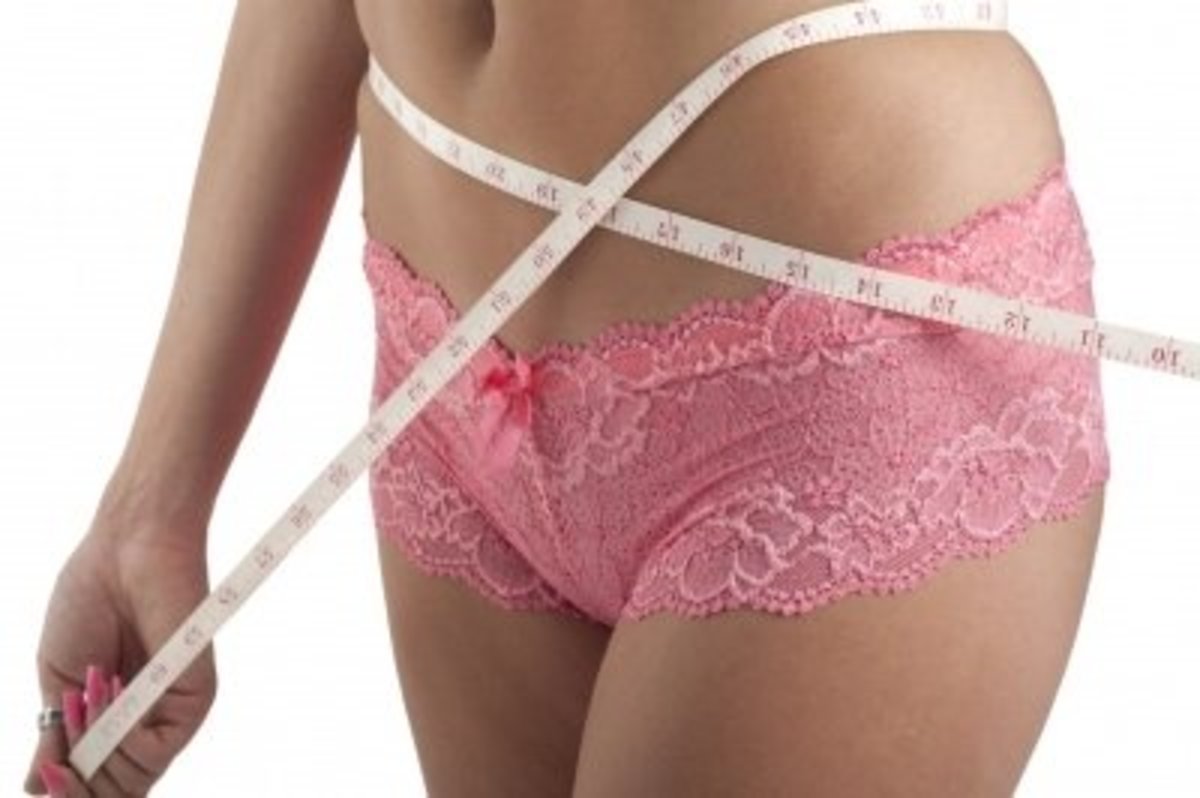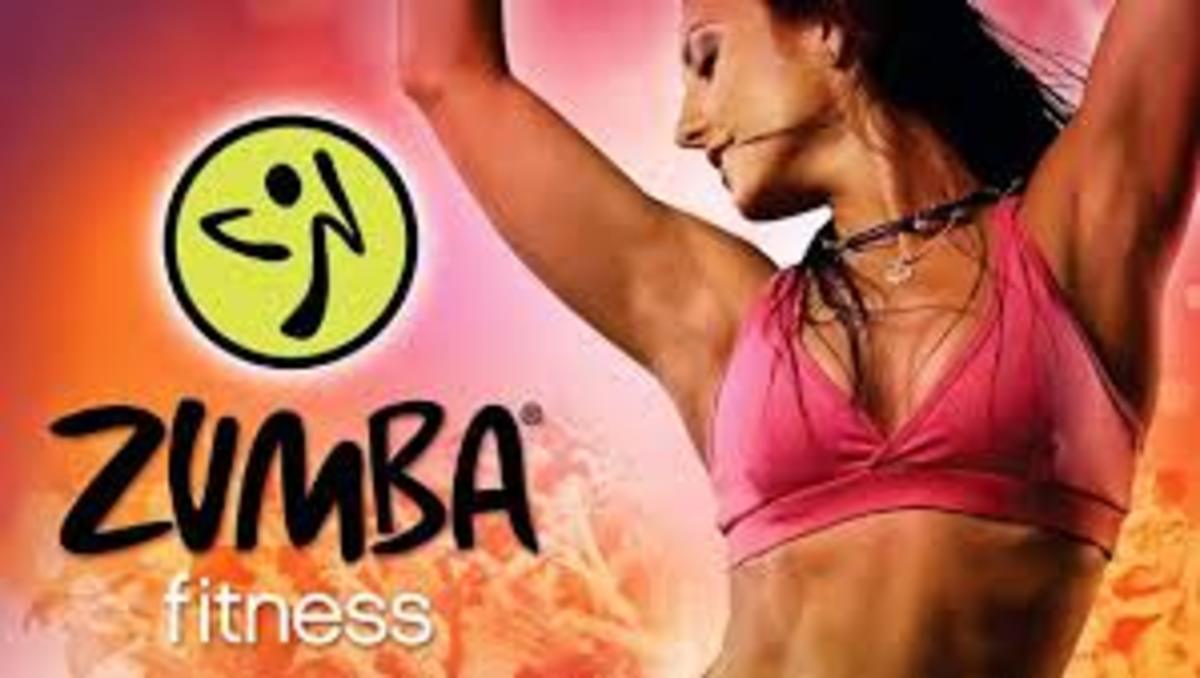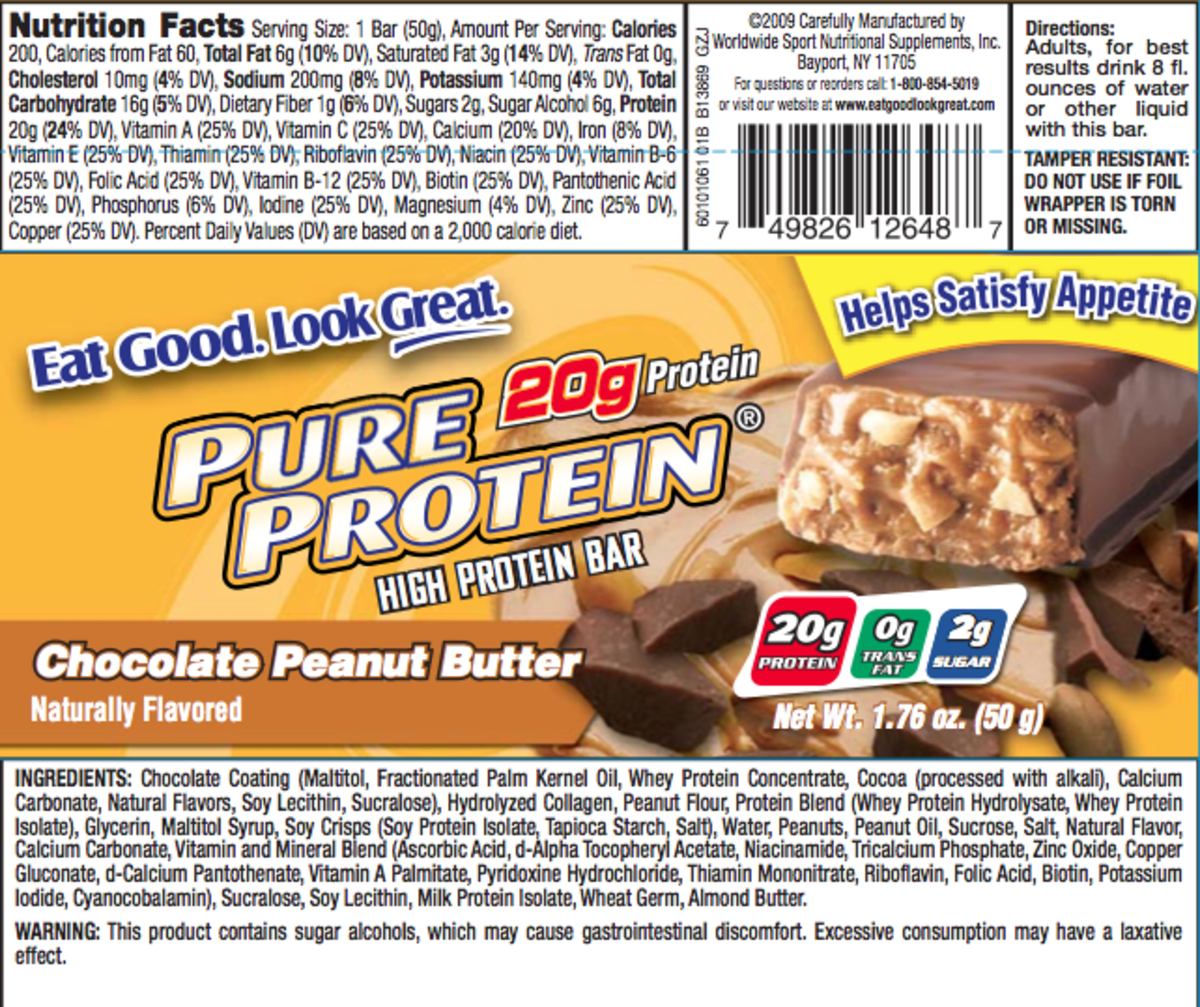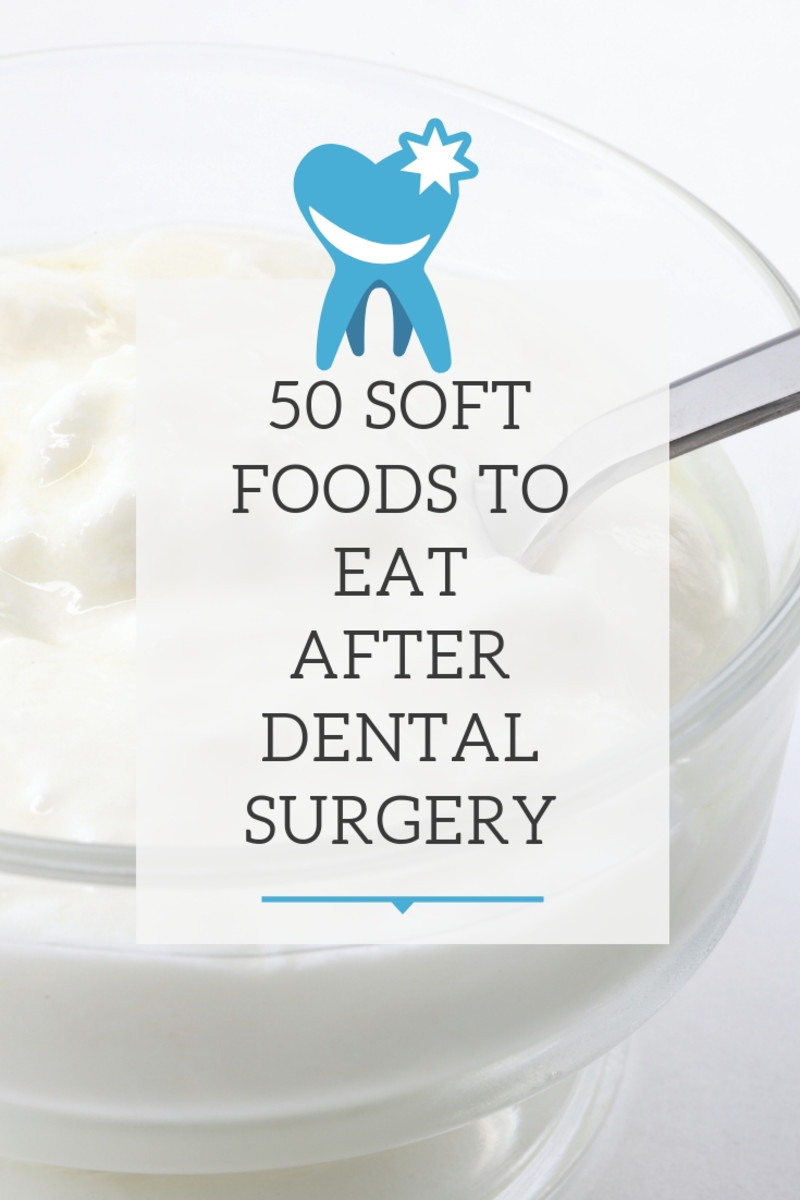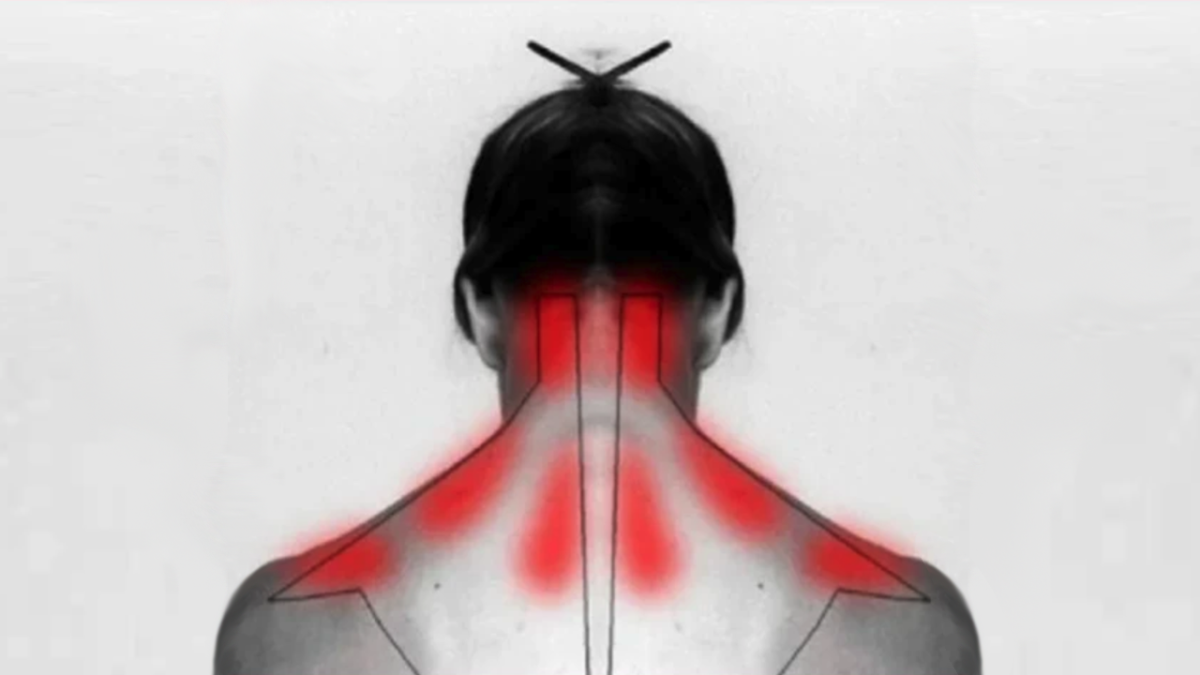How To Boost Your Metabolism
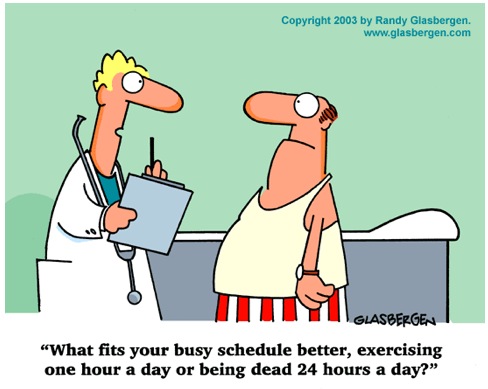
What is Metabolism?
Metabolism refers to the chemical reactions that occur in our body that produce energy to allow our bodies to survive and function everyday.
Some people have naturally faster metabolisms which is why they may find it easy to stay at a good weight or lose weight regardless of what they eat, whilst others may have naturally slower metabolisms which is why they may find it harder to stay at a good weight and tend to gain weight easily. The good news for those with slow metabolism is you can do something about it!
Increasing your metabolic rate will lead to you losing fat or maintaining a healthy weight more effectively, as well as having more energy during the day. This article will give you some great tips to help you boost your metabolism.
High Intensity Training
Take part in some form of high intensity training 3 or more times per week. Examples include weight training, sprinting and interval training.
High intensity training increases metabolism post exercise for up to 12-24 hrs. This is known as the Excess Post-exercise oxygen consumption (EPOC) or afterburn effect. This can result in your body expending around half of the energy burned during your workout according to one study.
There are some good high intensity home and office training programs at this hub for those that don't have access to any training equipment.
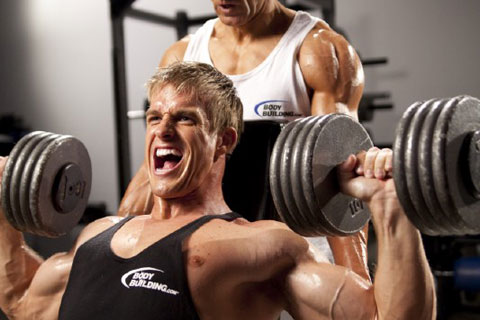
Build More Muscle
Increasing your lean muscle mass by 5 to 10 pounds can increase metabolic rate by 100 to 200 calories extra per day according to nutritionist John Berardi.
Weight training is one of the best ways to achieve this. So sign up to your local gym or perhaps consider building your own home gym and start pumping some iron! For those new or inexperienced in the world of weight training, Mark Rippetoe's Starting Strength or Stronglifts are good resources to help you begin your journey. You can also read my hub Muscle Building Workout for Beginners.
Eat more frequently
More frequent, small meals is better than less frequent large meals for boosting the body's metabolic rate. Eating small meals every 3 hours is a principle many successful dieters follow.
Eat High Protein and High Fibre
High protein and high fibre foods have the greatest thermogenic properties. The body burns more calories digesting high protein and high fibre foods than it does digesting low protein and low fibre foods.
Some good examples of high protein foods include:
- Lean meat, poultry and fish
- Eggs
- Whey Protein
- Dairy (Milk, Yogurt and Cottage Cheese)
See my hub on Good Protein Sources for further details.
Some good examples of high fibre foods include:
- Vegetables
- Fruits
- Beans
- Lentils
- Nuts
For further information about fat loss dieting see my hub The Ultimate Fat Loss Guide.
Drink Green Tea, Eat Hot Peppers and Get Caffeinated
There is some evidence suggesting that Green Tea (due to ECGC), hot peppers (due to capsaicin) and caffeine (due to it's stimulant nature) all have a slight temporary effect on boosting metabolism. But that doesn't necessarily mean you should drink that extra cup of tea or coffee! Not only do you need to consider how many calories are in the beverage (if you add milk, cream or sugar), but you also become tolerant to the effects of caffeine, which may diminish the metabolism boosting effect.
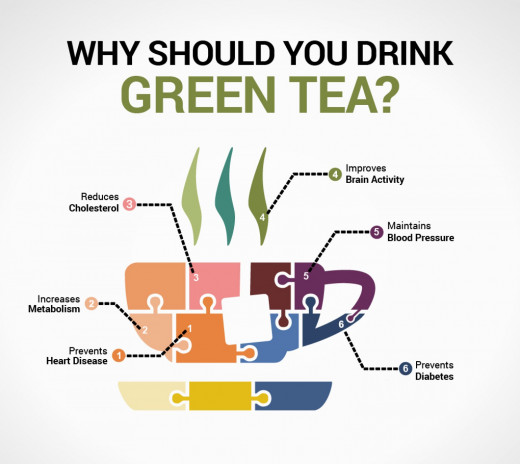
Drink Water
Water plays an important part in many metabolic processes so drinking an adequate amount is essential. It is recommended you drink at least 2 litres per day of water, which is the equivalent of 8 regular glasses. You may require more if you are physically active or work an outdoor job.
Supplement with Fish Oil
Fish oil is also an outstanding general health supplement and has a large array of benefits ranging from improving brain function, cardiovascular health, alleviating depression, reducing the likelihood of breast, colon and prostate cancer and many others. A study from the University of Western Ontraio suggested it may increase metabolism by up to 400 calories.
Do you take any dietary supplements?
Get some NEPA
Non-exercise physical activity (NEPA) is about incorporating more movement into your everyday life by making lifestyle changes such as parking further from the shops, work or college, taking the stairs instead of the elevator, going for a walk during your lunch hour, taking active breaks during your working day (you could walk around the office or do some calisthenics like push ups, squats, lunges, chair dips etc.). You will burn more calories, feel more energised and improve your fitness all in one.


